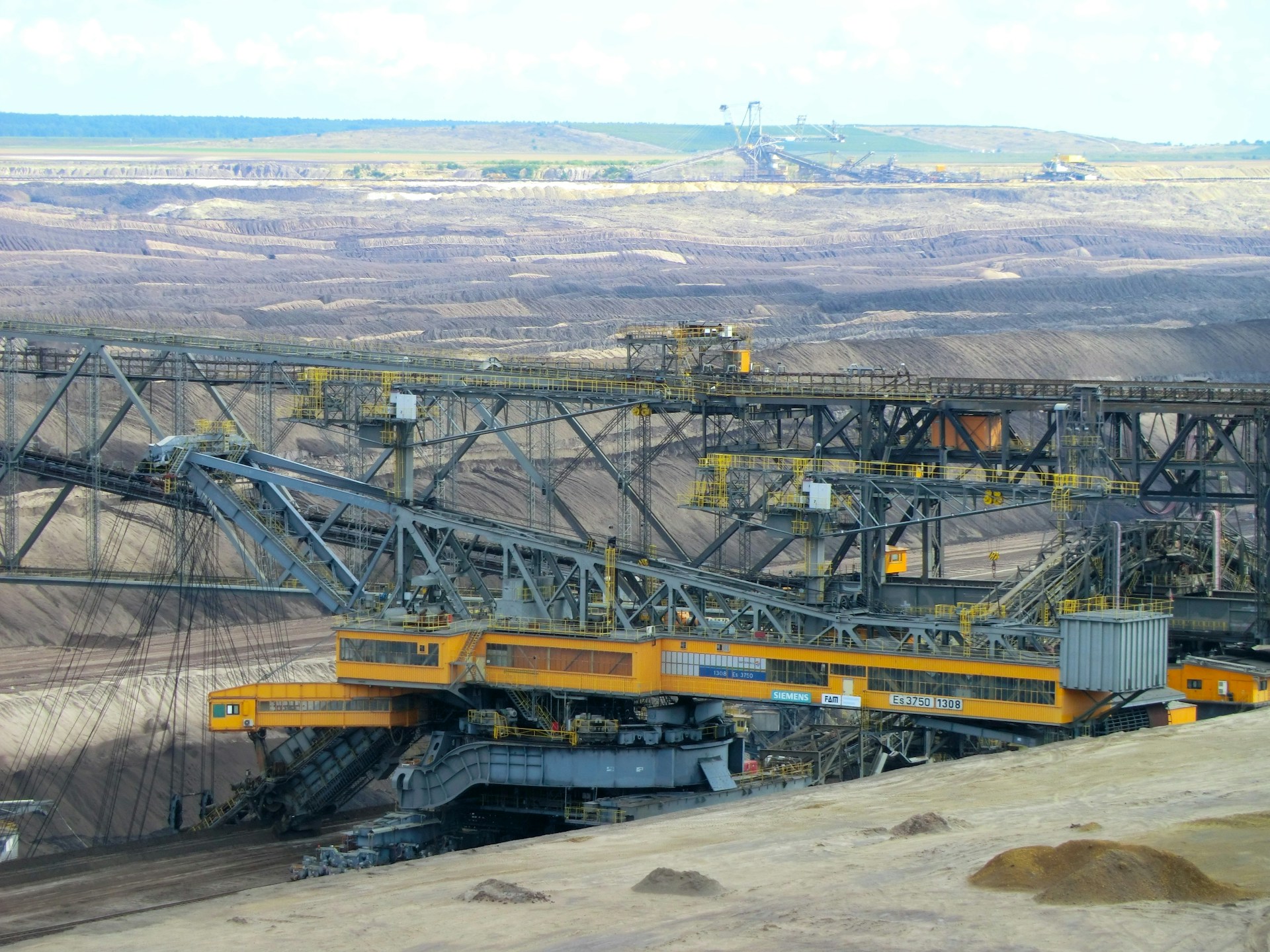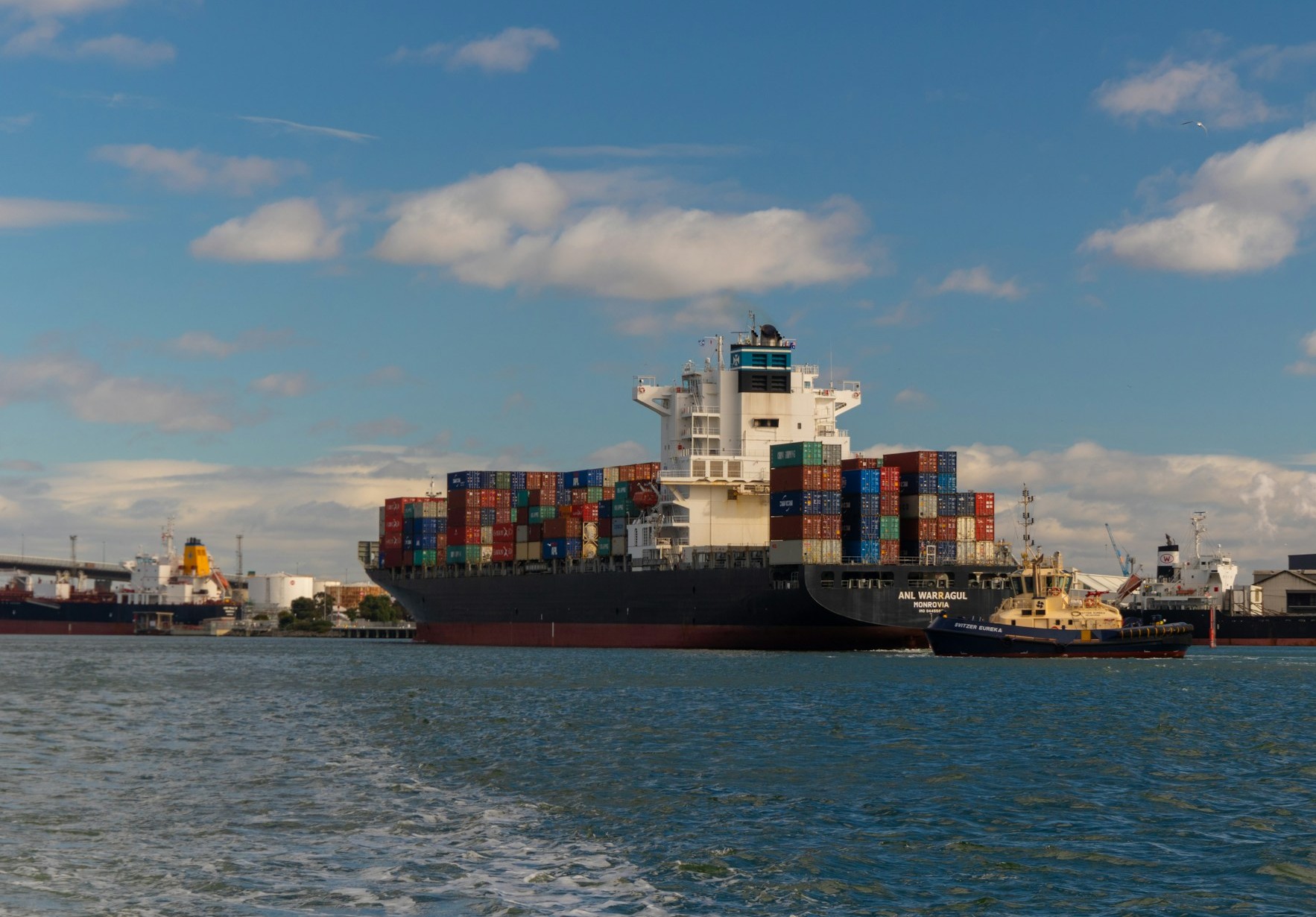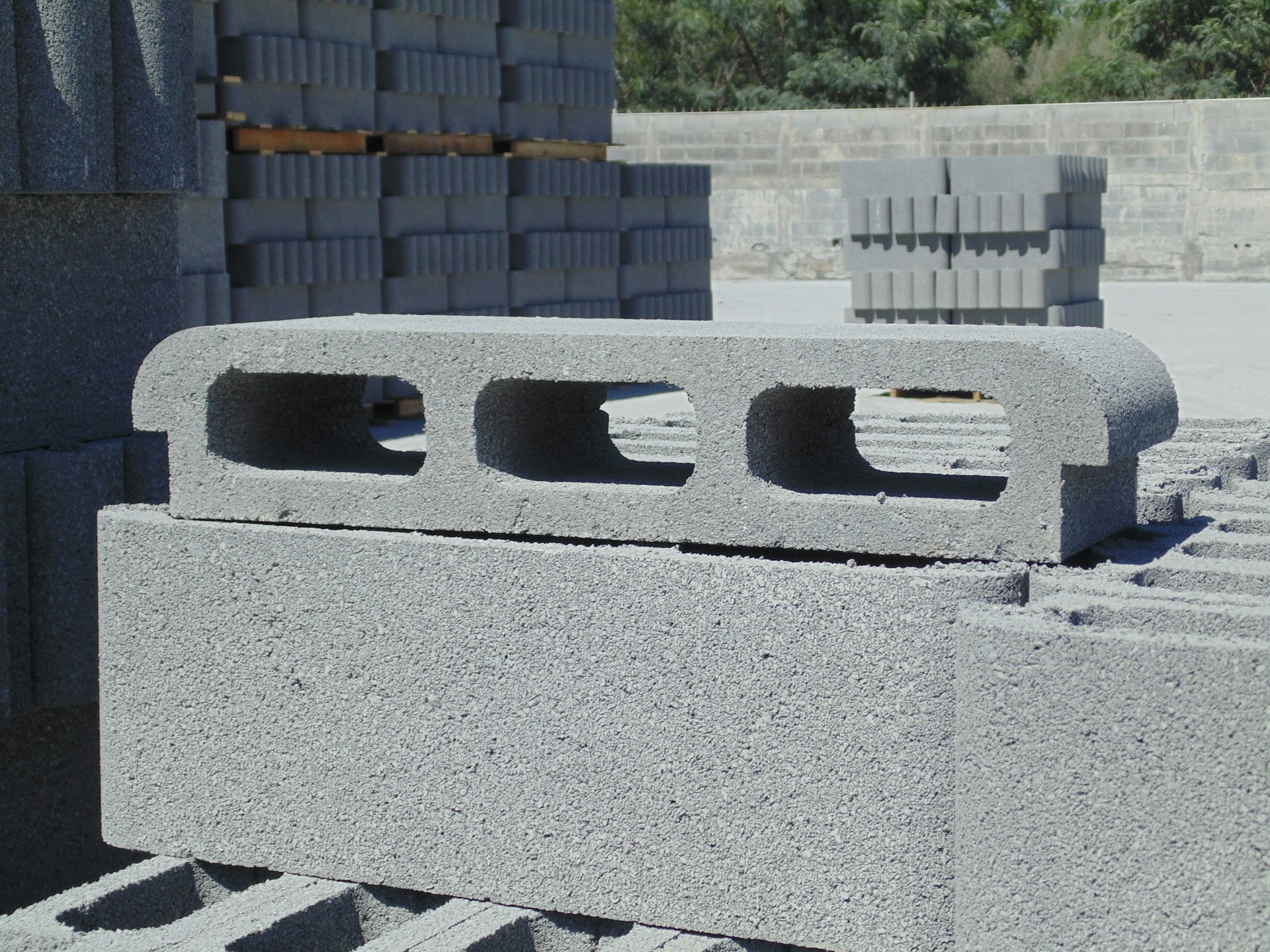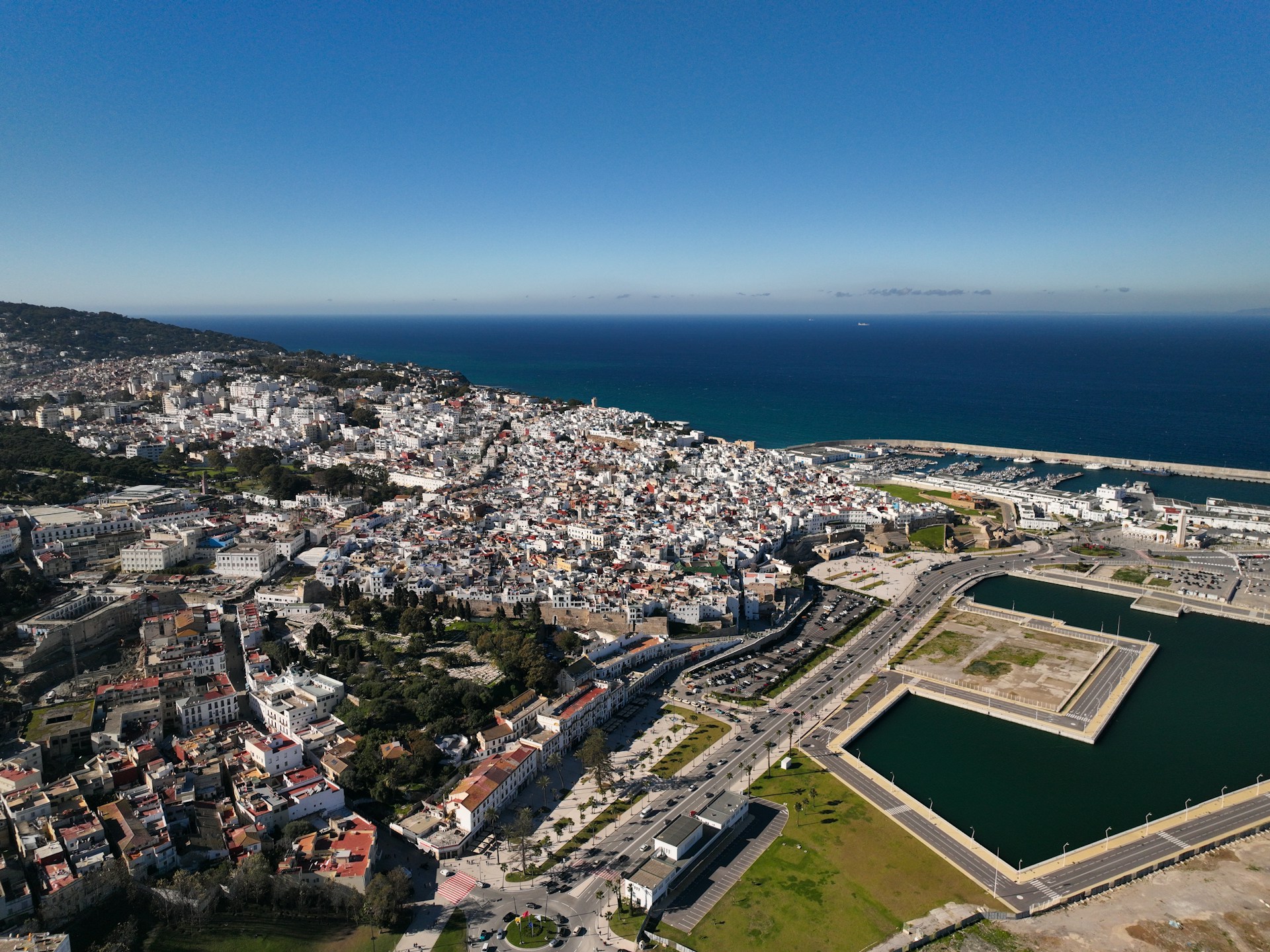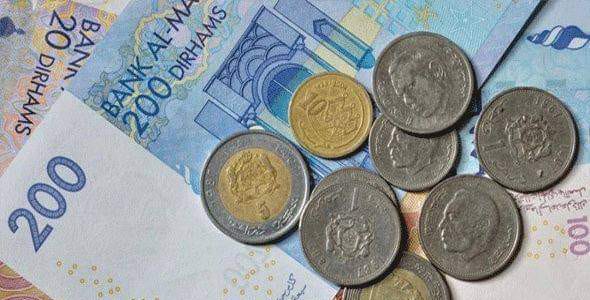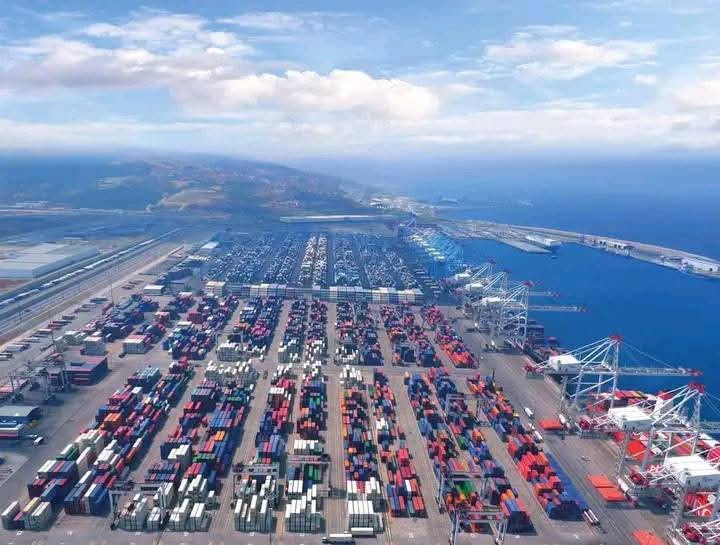Casablanca – Morocco has consolidated its position as one of Africa’s leading markets for prefabricated construction materials, including cement, concrete, and artificial stone. With a market valued at $3.5 billion in 2024, the country ranks second on the continent, just behind Egypt, which leads with $7.1 billion.
The rise reflects a broader surge in demand across Africa. According to data from IndexBox, total continental consumption of prefabricated construction components reached 84 million tons in 2024, marking a 9.6% increase over the previous year and generating a total market value of $34.6 billion, up 3.7% year-on-year.
Egypt (11 million tons), the Democratic Republic of Congo (9.4 million tons), and Tanzania (7.4 million tons) accounted for roughly one-third of total African consumption. Morocco, together with Kenya, South Africa, Sudan, Uganda, Ghana, and Madagascar, contributed another 41%, highlighting its critical role in the regional construction sector.
On a per capita basis, Morocco ranks among the highest consumers in Africa. Average consumption reached 115 kilograms per person in 2024, comparable to Sudan (116 kg) and higher than Tanzania (110 kg). Since 2013, Morocco’s market has grown at an average annual rate of 4.8%, reflecting steady domestic demand.
Production across the continent has mirrored this growth. African output of prefabricated construction components also reached 84 million tons in 2024, up 9.7% from 2023, with a total market value of $32.4 billion. Egypt, the DRC, and Tanzania accounted for one-third of production, while Morocco was among eight countries that together produced 41% of the continent’s total. African production has grown at an average annual rate of 4.6% since 2013.
Trade patterns, however, have been more volatile. African imports fell sharply to 33,000 tons in 2024, a 36.9% decline compared with 2023, valued at $28 million. Morocco imported 2,800 tons worth $4 million, placing it among the top three importers on the continent alongside South Africa and Côte d’Ivoire. Notably, Morocco paid the highest import price in Africa, $1,426 per ton, compared with the continental average of $856 per ton.
Exports from Morocco were modest but commanded high prices. The country shipped 258 tons in 2024, ranking third after South Africa—which dominated with 92% of volumes—and Egypt. Moroccan exports averaged $772 per ton, significantly higher than South Africa’s $195 per ton, though total volumes have been declining at an annual average rate of 12.4% since 2013.
These figures underscore Morocco’s dual role in Africa’s prefabricated construction sector: a strong domestic market driven by urbanization and infrastructure growth, and a strategic producer with competitive export potential. Analysts note that while Morocco’s domestic sector is robust, enhancing export volumes and improving regional competitiveness will be key to maintaining its leading position in a continent witnessing rapid construction growth.
As Africa’s urban development accelerates, Morocco’s established position in prefabricated components highlights the country’s strategic importance in supporting the continent’s infrastructure and construction ambitions.



